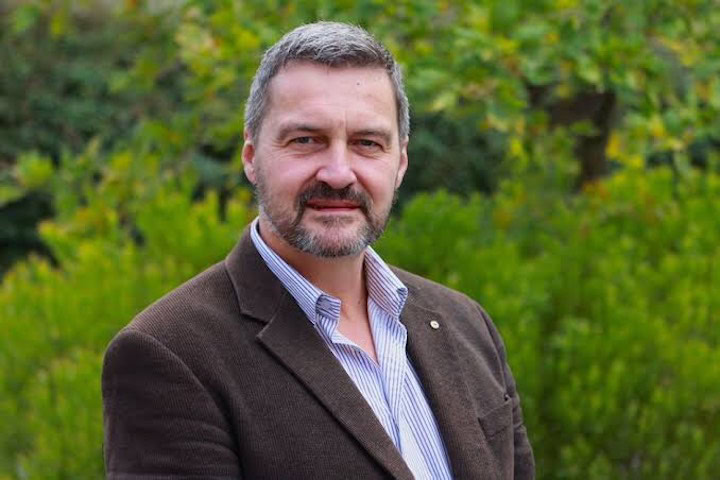
Give It To Me Bi: Could Celebrity Bisexuality Alter Our Nation’s Numbers?

‘Miley, Billie Joe, Freddie: Could Celebrity Bisexuality Alter Our Nation’s Numbers?’ is the February edition of our monthly bisexuality column, Give It To Me Bi.
Have you ever felt that flash of recognition when a celebrity claims the label you’ve quietly wondered about?
In the last few years, we saw a wave of big names coming out as bisexual or pansexual or queer, confidently embracing their sexuality on the world stage, including musicians Maren Morris and Lauv, comedians Taylor Tomlinson and Wayne Brady, actors Alison Brie and Ayesha Madon, professional wrestler “Dirty Bulk” Bronson, and many more.
I still remember when Green Day’s Billie Joe Armstrong declared his bisexuality, saying, “It’s not bad at all. It’s a very beautiful thing.” Hearing those words gave me permission — and the language — to claim my identity with enthusiasm.
So many of us who fall under the bi+ umbrella feel like imposters because we haven’t ticked every hypothetical box and “proved” it in some arbitrary way. It’s jarring when our attraction is undeniable, yet self-doubt surfaces because we haven’t “acted” on it enough to “deserve” the label.
I’ve had several conversations with folks who’ve loved people of multiple genders but feared saying they’re bisexual because others may question their valid experience. This is widespread in our community, and only fuels the idea that your experience doesn’t count if it doesn’t conform to a constructed idea of bisexuality.
But guess what? You don’t need a relationship resumé to own your bi+ identity.
Give It To Me Bi: by saying we’re “not bi enough” we risk erasing ourselves from official data
Positive representation in pop culture matters because it’s our mirror. If you can’t see it, you can’t be it. Each time a high-profile figure openly identifies as bi+, it validates us all and helps shift public perception. We stop second-guessing ourselves and start believing, “Hey, that’s me, too.”
This is especially urgent now, with a national Census looming that will finally ask about sexuality. The Australian government originally excluded questions about sexuality, but public outcry forced their hand to finally ask about sexuality, ensuring we’ll be properly counted for the first time. This is a pivotal moment to acknowledge our place in Australia’s Census data.
If we keep telling ourselves we’re “not bi enough,” we risk erasing our own existence from official data. Accurate numbers matter — policymakers, healthcare systems, and community organisations use them to decide who gets resources, funding, and representation. It’s not just a statistic; it’s a tangible way to say, “I exist, and my community does, too.”
Know that when the census rolls around, the boxes you check are completely confidential — you don’t need to prove a thing or announce it to anybody if you don’t want to.
If you feel that nudge of recognition, maybe it’s time to honour it. You don’t have to march in a parade or dye your hair blue (unless you want to, we’ll be right beside you!), but you can be authentically you. Will you tick that box?









Leave a Reply